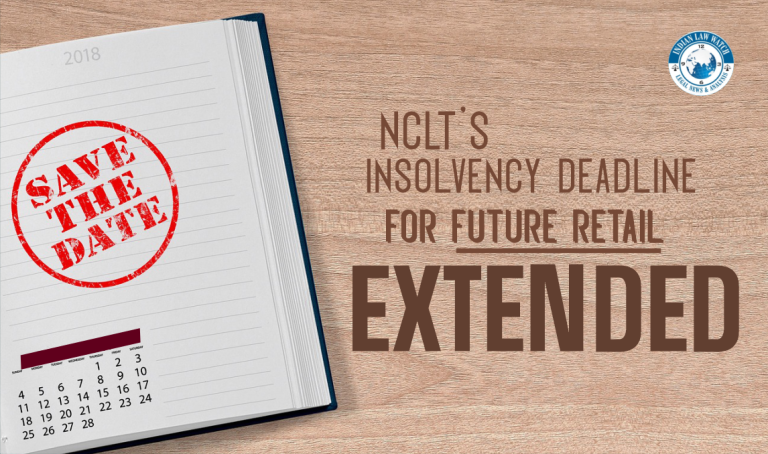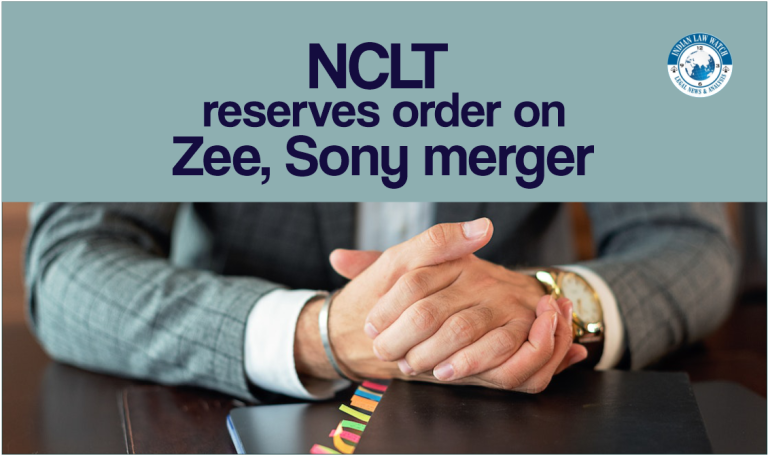India’s Paytm Moves Ahead With Planned $3 Billion IPO

ABOUT THE IPO
One 97, which operates a slew of financial services under the Paytm brand, is planning an initial public offering (IPO) in November. The company is likely to end up raising about $3 billion in the Paytm IPO, making it the biggest initial share sale in India’s corporate history.
An extraordinary general meeting (EGM) is planned for July 12, 2021, wherein the company will seek shareholders’ approval to declassify Paytm’s founder and MD Vijay Shekhar Sharma as a promoter of the company.
Paytm (a partial abbreviation for “pay through mobile”) is an Indian e-commerce payment system and financial technology company, based in Noida, Uttar Pradesh, India. Paytm is at present accessible in 11 Indian languages and offers online use-cases like mobile recharges, utility bill payments, travel, movies, and events bookings as well as in-store payments at grocery stores, fruits and vegetable shops, restaurants, parking, tolls, pharmacies and educational institutions with the Paytm QR code.
The Noida-based firm witnessed an astonishing rise after demonetisation in 2016. Paytm had raised over Rs 7,000 Crore in November 2019. If it manages to fetch the amount of USD 3 billion, then Paytm IPO could become the largest debut ever in the Indian share market, according to an IANS report.
Digital payments company Paytm has reported that it will bring Initial Public Offer (IPO) worth USD 3 billion not long from now.
Paytm stock has almost doubled in the Grey Market. Paytm shares in the Grey Market were trading at Rs 11,000-12,000 per share before the IPO news. In four days Paytm’s stock has risen from RS 11,500 to RS 21,000 in the Grey Market. A Grey Market is one where the trading of goods takes place outside of official trading channels. The Grey Market is unofficial but not illegal.
Last week, Paytm’s board gave in-principle approval to raise around Rs. 22,000 Crore through the IPO during the October-December quarter this year.
Shareholders of Paytm include Alibaba’s Ant Group (29.71 per cent), Softbank Vision Fund (19.63 per cent), Saif Partners (18.56 per cent), Vijay Shekhar Sharma (14.67 per cent).
The space is highly disruptive as Paytm is facing tough competition from Google Pay and Phonepe which have established themselves very well in the last few years.
If successful, Paytm’s initial share sale would surpass Coal India Ltd’s offering, which raised more than Rs 15,000 in 2010 in the country’s largest IPO so far.
In their press release dated March 16, 2020, they stated that we have also entered into a partnership with Paytm Money to enable payment mandates for IPO applications. Paytm Money is India’s growth enabler for wealth products and is on a mission to bring 10 million Indians to equity markets by FY’22.
ACTION POINTS FOR TAKING OUT AN IPO
An IPO is a big step for a company as it provides the company with access to raising a lot of money. This gives the company a greater ability to grow and expand. The increased transparency and share listing credibility can also be a factor in helping it obtain better terms when seeking borrowed funds as well.
Paytm Payments Bank Limited is a Public incorporated on 22 August 2016. It is classified as a Non-Government company and is registered at Registrar of Companies, Delhi. Its authorized share capital is Rs. 4,000,000,000 and its paid-up capital is Rs. 4,000,000,000. It is involved in Other financial intermediation.
Directors of Paytm Payments Bank Limited are Vaibhav Goel, Sairee Chahal, Satish Kumar Gupta, Gopalasamudram Srinivasaraghavan Sundara, Vijay Shekhar Sharma.
An IPO of a large enough company can require hundreds of lawyers working on due diligence, compliances, and documentation. The intensive planning and strategizing that the process requires is hard to be matched even in corporate law firms. Companies and service providers such as investment banks and law firms have to plan an IPO for anywhere between one to two years before they actually go public.
Due Diligence– Due diligence for capital markets transactions is the most vigorous kind of legal due diligence. It calls for the highest level of scrutiny since it deals with raising money from the public at large. Any kind of mistake can lead to a financial disaster for a lot of people.
Drafting of Red Herring Prospectus and other documents– Red herring prospectus is a draft prospectus circulated by an entity ahead of a public stock or bond offering. It lacks certain details such as the number of shares being offered or the initial price and is circulated to generate interest in a potential upcoming sale of shares or bonds. Various disclosures need to be verified by experts like taxation lawyers or environmental lawyers. All this can take months to be drafted and is a critical part of raising capital from the public.
Strategizing/ Deal Structure- Strategizing a capital market transaction requires a very high level of expertise in the field. Since the transaction deals with the public at large, every little thing that goes in writing need not only be verified but all the risks involved with putting the information in the public domain need to be calculated. Finding initial backers to ensure that the IPO is guaranteed success even before launch is also a common practice. Getting the timing right is also critical, and senior lawyers put their heads together to figure out all possible hurdles ahead, including any regulatory difficulties.
Legal and Regulatory Advice– There is a lot of legal and advisory work that goes into planning and executing an IPO or debenture issue. Lawyers have to advice on issues like disclosure standards, prospectus liability issues, due diligence defence, cross-border legal and regulatory issues, conflicts between the corporate law requirements in two jurisdictions, double taxation issues that arise in connection with the returns that international investors get on their investments and other complex issues. Even after the company is listed, the process does not stop. The company then needs lawyers who would ensure that their IPOs comply with the SEBI regulations and all the necessary disclosures are made efficiently as well as effectively.
Seeking Regulatory Approvals– Even before the drafting of the draft red herring prospectus, several regulatory filings essential to the company as well as the book-running lead-managers (BRLM) would need to be undertaken. The preparation of the financial statements as per the ICDR regulations, finalization of the business model and plan for the prospectus, obtaining regulatory clearance for the IPO is a few of the examples.
Paytm’s debut on the stock market must include a combination of new and existing shares, per India’s regulatory rules, which require that 10 per cent of shares are floated in two years and 25 per cent within five years, Bloomberg reported.
Photo: Tax concept





